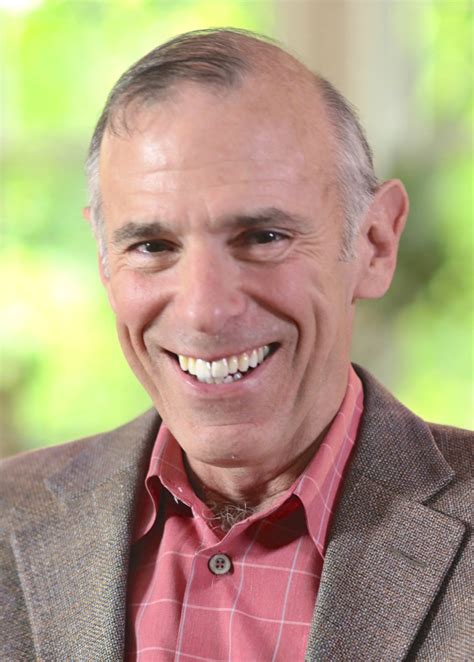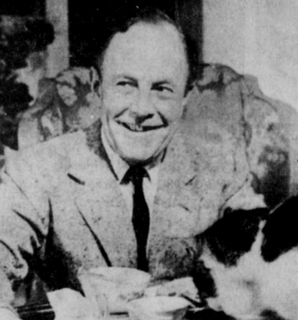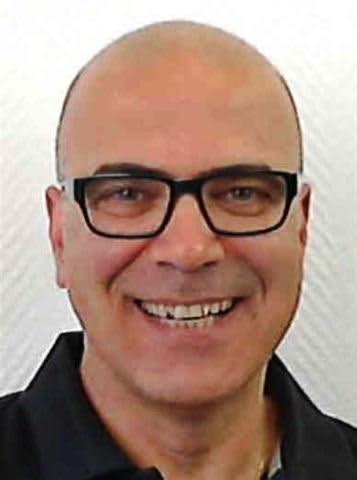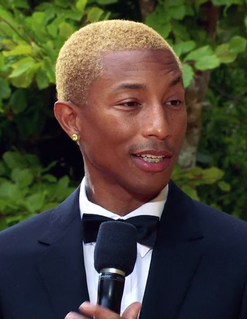A Quote by Sylvia Earle
Fortunately, we know more about the problems that we have than in all preceding history. We know now the consequences of the things that we put into the air, into the water - of the way we treat life on Earth.
Related Quotes
Earth as we know it came into being through its four great components: land, water, air, and life, all interacting in the light and energy of the sun. Although there was a sequence in the formation of the land sphere, the atmosphere, the water sphere, and the life sphere, these have so interacted with one another in the shaping of the Earth that we must somehow think of these as all present to one another and interacting from the beginning.
Life in the country teaches one that the really stimulating things are the quiet, natural things, and the really wearisome things are the noisy, unnatural things. It is more exciting to stand still than to dance. Silence is more eloquent than speech. Water is more stimulating than wine. Fresh air is more intoxicating than cigarette smoke. Sunlight is more subtle than electric light. The scent of grass is more luxurious than the most expensive perfume. The slow, simple observations of the peasant are more wise than the most sparkling epigrams of the latest wit.
I'm actually in a funny place now where I'm more secure than I've ever been. My career is more stable than it's ever been and that's nice, but it's put this thought in my mind where I'm like, "I have more to lose now." I still have to remind myself that I can't be quiet and back away from the things that have got me here, which is kind of doing it my way and not necessarily caring what the consequences are. A lot of that comes back to music.
More than anything else, kindness is a way of life. It is a way of living and walking through life. It is a way of dealing with all that is-our selves, our bodies, our dreams and goals, our neighbors, our competitors, our enemies, our air, our earth, our animals, our space, our time, and our very consciousness. Do we treat all creation with kindness? Isn't all creation holy and divine?
You know in cartoons, the way someone can run off a cliff and they're fine, they don't fall down until they look down? My mom always said that was the secret of life. Never look down. But it's more than that. It's not just about looking. It's about never realizing that you're in the middle of the air and you don't know how to fly.
Have you come over time to think that you know more now than you did when you were young, know less now than when young, know now there is so much more to know than you knew there was to know when young that it is moot whether you think you knew more then than now or less, or do you now know that you never knew anything at all and never will and only the bluster of youth persuaded you that you did or would?



































